This is a basic research methodology that should serve for most subjects you will have to research in the Library. Not all of the steps listed below may be necessary for every topic, so use this as a general outline. Finally, always remember that if you are unsure of what to do, consult with a librarian.
Pick your topic.
This sounds pretty basic, but we often have students come to us for help on a research paper or speech without any idea of the topic they want to research. It doesn't have to be a completely laid out project ... but you need to have at least a general idea of what you want to research. The librarians cannot give you a topic, so if you are unsure of what topic to pick, you should consult with your professor.- Stop! Take some time and think about the topic you have chosen.
Failing to do this is one of the most common mistakes people make in the research process. Someone decides "I'll write a paper on the Internet." Off they run to the library and they go directly to the reference desk and ask for material on the internet. This is where trouble sets in ... the librarian can't help much because "the internet" is too broad of a topic. If the student takes some time, and does some thinking ... the paper becomes something like: the growth of commercialism on the internet, or free speech limitations on the internet, or intellectual property and the internet, or any of a hundred issues related to the basic subject.You have to take a little time and ask yourself a few questions:
- "What question am I trying to answer, what is my focus?"
- "What kind(s) of information will I need to write about this?"
- "What kinds of resources will most likely give me the information I need?"
You may find that writing a couple of brief questions will help you in defining your topic.
- Use the Reference Collection:
- To give you background information on your topic.
- To refine and focus your topic.
- To answer brief questions - such as statistics, dates, etc.
- To direct you to other sources of information - particularly organizations.
- Locate relevant books, using the catalog.
- Locate relevant articles, using the appropriate periodical indexes.
- Go back and get more information that you may have overlooked the first time.
- Write your paper, give your speech, collect your "A", graduate, and land that high paying job (we hope).


